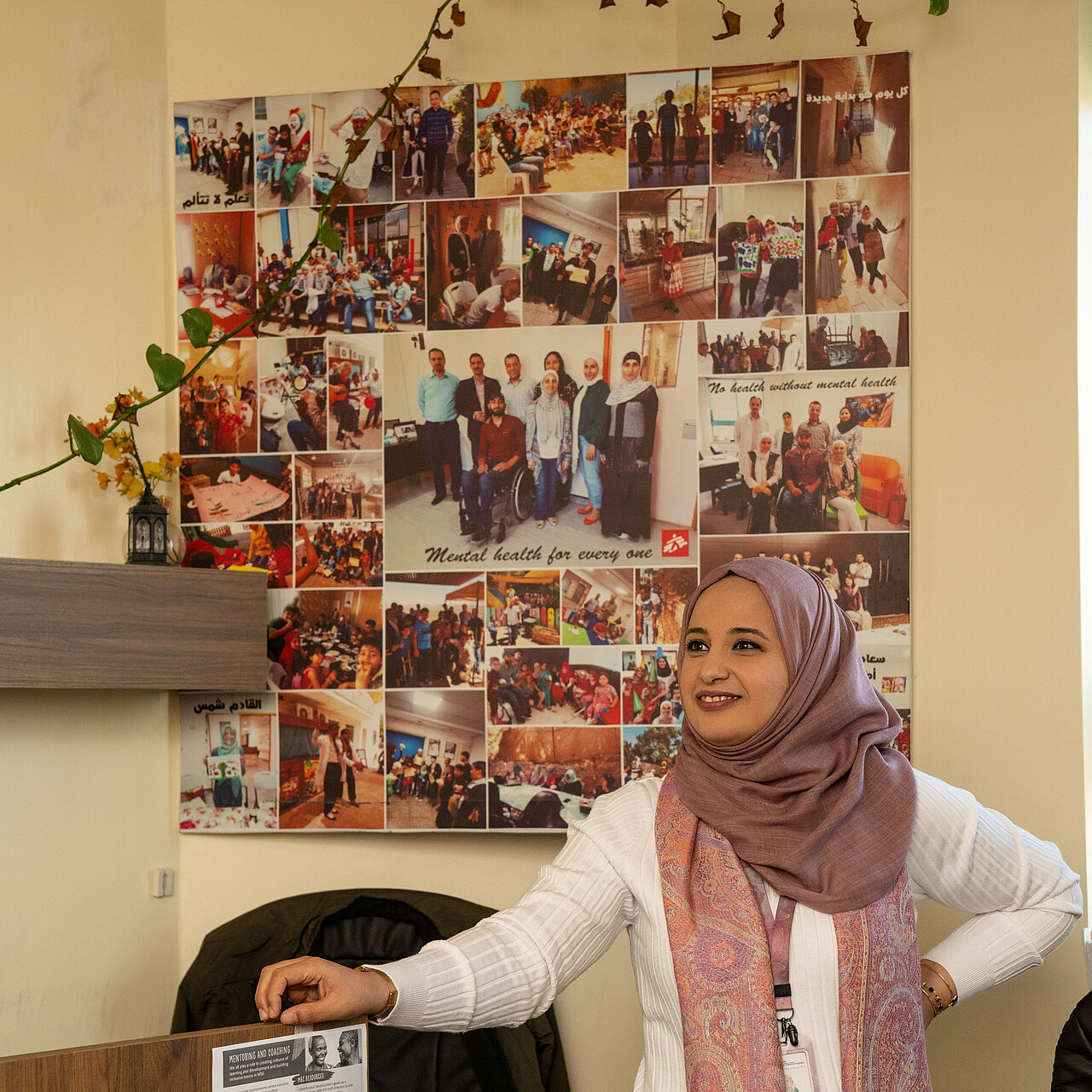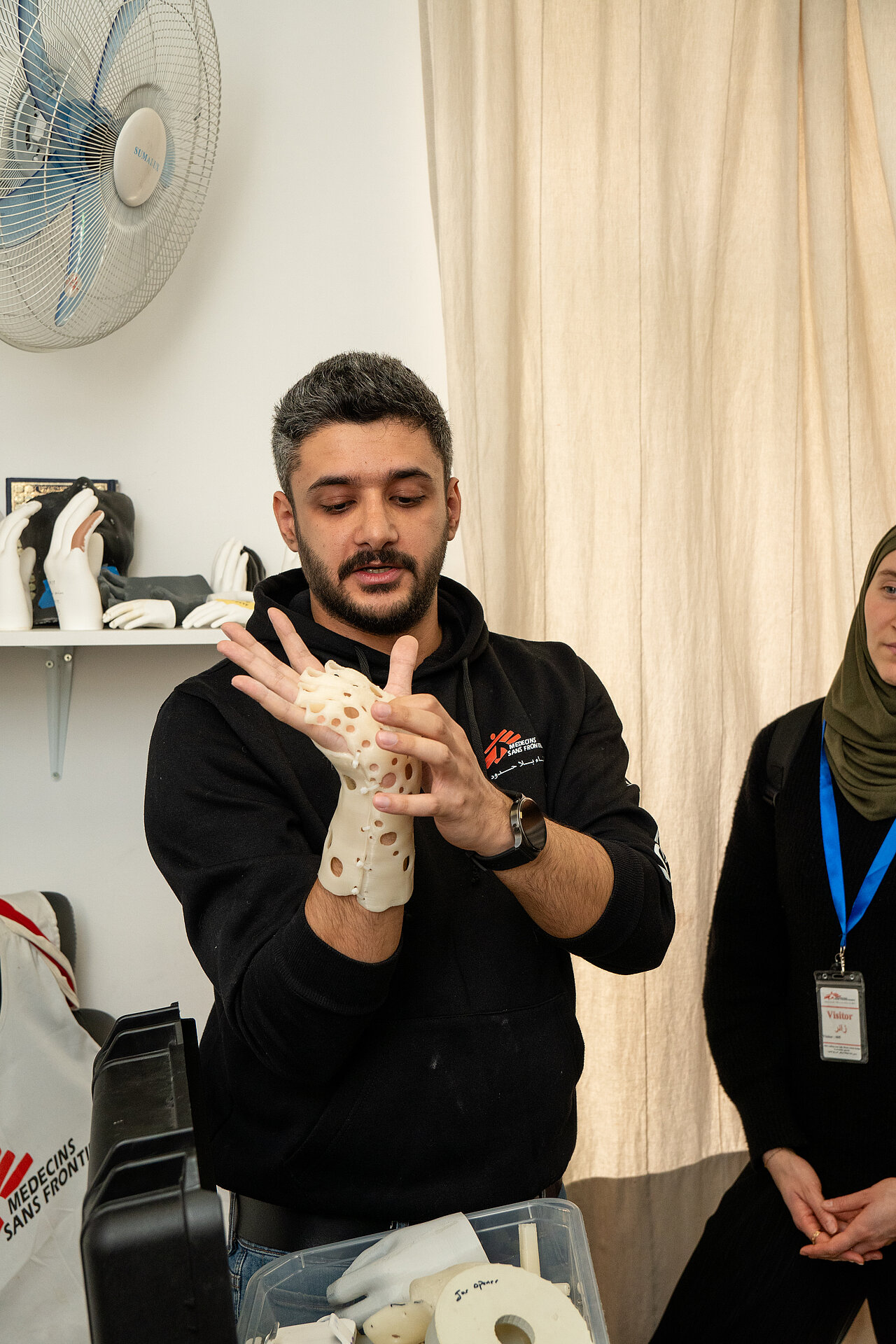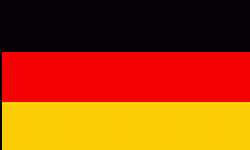Be part of the future, become a game changer in society!
Graduates of the Bachelor of Arts Social Work Transnational can help to meet the demand for specialists in Germany on the one hand and promote the development of the discipline and profession of social work in the Arab world on the other.
As social workers, graduates of the bachelor programme will be able to work in a variety of fields and areas of social care, both in the public and private sectors, as for example:
- child and family social work (schools, governmental agencies or NGOs)
- school social work (adolescents and children)
- gender issues, women
- with elderly people
- with refugees and migrants
- community social work
- in mental health services
- in healthcare services
- substance abuse
- occupational social work
- counselling
…and much more!
The range of salary can vary depending on the sector, level of studies and the expertise of the social worker, as well as on the region where the job is performed. Currently, the average salary for social workers in Germany is 2,970€ gross per month (about 35,600€ gross per year). This monthly average rises to around 3,220€ when talking about the salary for social workers in the State of Bavaria, where the THWS is located.



Labour demand
The demand for social work graduates is very high since it is hardly substitutable profession and therefore future-proof, also in view of digitalisation.
In Germany, the demand for social work graduates is extremely high. In August 2022, the Institute of the German Economy identified social work as the profession with the largest shortage of qualified workers in Germany. In that year, 29,000 job vacancies were registered and, according to the Federal Employment Agency, around 25% could not be filled. The field of social work has become even more important during and after the Corona pandemic, and it is estimated that there are currently around 24,000 vacancies for social workers in Germany. However, this number is expected to increase as the legal right to all-day care at primary schools will come into force across Germany in 2026 and, according to research conducted by the Bertelsmann Foundation, around 45,400 additional non-teaching educational specialists will be needed. With their academic knowledge and practial experience, graduates of the Social Work programme could play a crucial role in overcoming the shortage of qualified social work professionals in Germany.
In Jordan, the discipline and profession is constantly evolving to address new and emerging issues. Graduates of this programme will have many job opportunities in international non-governmental organisations in Jordan, the Arab region and worldwide, as language skills are key in those positions. Graduates of the social work bachelor programme will acquire a B2 if not C1 certificate in German and will be able to prove a B2 level in English.
Moreover, THWS maintains contact with the labour market and employers in many ways and receives feedback on the study programme from them. This cooperation serves both the further development of content and the coordination of required competencies and knowledge.

Expected salary
The range of salary can vary depending on the sector, level of studies and the expertise of the social worker, as well as on the region where the job is performed.
Currently, the average salary for a social worker in Germany is around 2,970€ gross per month (about 35,600 € gross per year; latest tariff increases not included).
In Bavaria, where THWS is located, the monthly average is even higher and rises up to about 3,220€.
Possible fields and sectors
As a social worker, graduates of the degree programme will have a wide variety of fields and areas to work in, both in public and private sectors, such as:
- clinical social work
- education
- communities
- families
- minors
- women
- elderly
- disabled
- workers
- jobless
- poor
- migrants and forcefully displaced
- marginalised
and much more!
Clinical Social Work
e.g.,
- Hospitals
- Rehabilitation
- Psychiatry
- Drug abuse
Education
e.g.,
- Early childhood
- School
- Youth and adult education
- Professional and entrepreneurship education
Communities
e.g.,
- Quarter management
- Social-space orientation
- Community development
- Social cohesion
Families
e.g.,
- Educational counselling
- Marital counselling
- Care arrangements
- Systemic interventions
Minors
e.g.,
- Care interventions
- Child abuse
- Preventive or curative leisure activities
- Unaccompanied minors
Women
e.g.,
- Empowerment
- Prevention against sexual harassments
- Professional education
- Enterpreneurship
Elderly
e.g.,
- Activation
- Care arrangements
- Senior residencies
- Legal guardianship
Disabled
e.g.,
- Case management for assistance
- Homes for disabled
- Inclusion measures
- Integration support for the labour market
Workers
e.g.,
- Counselling in labour law
- Mediation of conflicts with employers and colleagues
- Behaviour based safety
- Stress resilience
Jobless and poor
e.g.,
- Job training
- Labour market counselling
- Debt counselling
- Securing shelter and livelihood
Migrants and forcefully displaced
e.g.,
- Migration counselling
- Refugee counselling
- Repatriation counselling
- Integration measures
Marginalized groups
e.g.,
- Group work
- Empowerment
- Inclusion measures
- Legal and political advocacy




